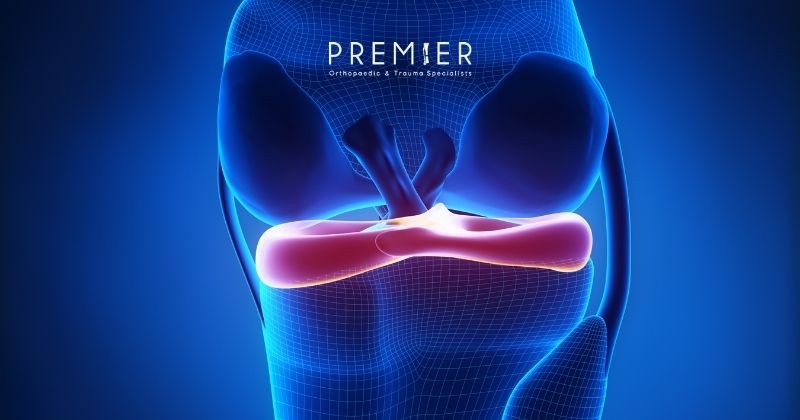Does a Meniscal Transplant Make Sense for You?
Knee injuries to the meniscus are very common with over 500,000 peoplereeiving treatment every year. It’s likely that many more are unaware of their injury or have compensated to live with it. There are many ways to treat a meniscus injury, whether that be surgery or just physical therapy and time. One of those treatment options is a meniscal transplant. In this article, we will explain what exactly that is and if it is a good option for you.

What Is Meniscal Transplant Surgery?
Sometimes, you can have a meniscus injury and you don’t even know it. If it is a small tweak, it might just feel achy or like you pulled a muscle. Small injuries such as these may simply require physical therapy to get you back to your normal ability. Other times, more serious injuries require surgery.
In short, a meniscal transplant is when an orthopedic surgeon takes donor meniscal tissue and replaces the damaged part of your meniscus. Your orthopedic surgeon begins by making a very small incision in the knee and use imaging instruments to locate the tear in the meniscus. From there, they will take the new piece of meniscus and sew it in place. The process is minimally invasive – known as arthroscopy.
While surgery is quick, the recovery time will span anywhere from 6 to 12 months. For the first two weeks after surgery, your job is to rest and heal. After that is when you will begin rehab. You will consult with your physical therapist about the kinds of movements you can do and what you should avoid. You will also be given exercises to strengthen the muscles around your knee to provide more support.
Is Meniscal Transplant Right For You?
It’s not often that you meet a patient who’s had a meniscal transplant and that’s because it is not right for everyone. In fact the criteria for a meniscal ttransplant is quite strict and includes
- Patient ageof less than 45
- Significant portion of meniscus missing
- Chronic activity related pain
- Stable ligaments in the knee
- Normal weight
- Normal or correctable knee alignment
- Negligible arthritis of the knee
- Not obese
If you would like to talk to an experienced orthopedic surgeon about your options for a knee injury, schedule an appointment with our practice. Premier Ortho has performed over 7000 surgeries to correct a wide range of orthopedic injuries and has the answer to your condition.


 ES
ES